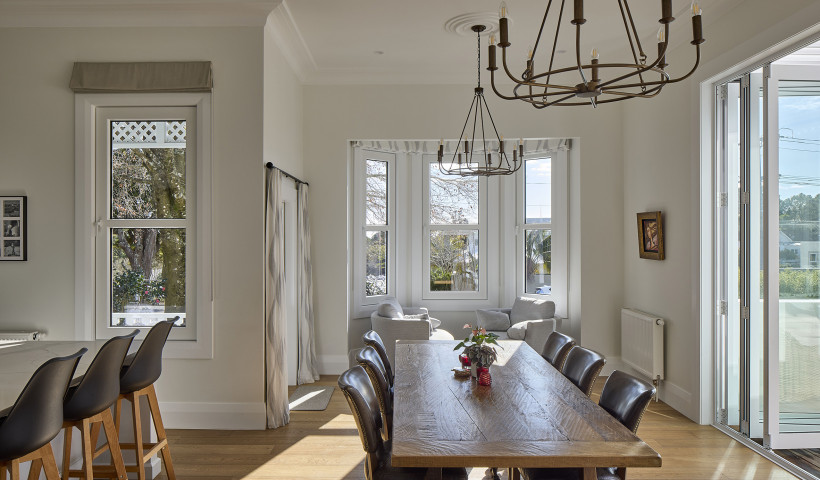
The latest phase of the ‘Healthy Schools’ project being run by Massey University has come to a conclusion after 28 classrooms in 10 schools across the country had their air quality continuously monitored for more than 12 months.
The project, led by Dr Mikael Boulic, of the School of Engineering and Advanced Technology (SEAT), has been funded and supported by a number of organisations over the last five years, including BRANZ, NIWA, NZMIE, the Ministry of Education, and APL Window Solutions, proprietor of the Altherm, First and Vantage window brands.
In the latest stage, schools in the Hawkes Bay, Christchurch and Dunedin, accepted School Monitoring Boxes (SKOMOBO’s) in selected classrooms. These are compact sensor platforms developed by Massey which assess temperature, relative humidity, carbon dioxide, and dust levels. The data recorded by these were sent by WiFi module to the university every two minutes during the school day across this whole period. The results have now been analysed by Dr Boulic in a 90-page report which BRANZ, the primary funder, will be placing online.
The study’s overall objective is to improve the classroom environment through the collection of helpful data and to engage with teachers and students for better management of things such as ventilation and room temperature. The APL involvement is designed to leverage into window and door product initiatives that optimise interior air quality for school pupils.
As part of the air quality monitoring project, Massey have not only created the small, all-purpose sensor boxes but have invented a display module which provides a simple, user-friendly screen advising teachers and students if air quality is satisfactory or in need of adjustment. This sits away from the sensor box in a convenient classroom position and has a WiFi link to the box.
The possible roll-out of the sensing and display technologies to schools on a wide basis lies with future decision-making by the Ministry of Education.
A preliminary step for the Healthy Schools project saw SEAT and APL Window Solutions collaborate in 2016 on a ‘Smart Window’ project that monitored air quality in a number of classrooms using a temperature-responsive ventilation technology.











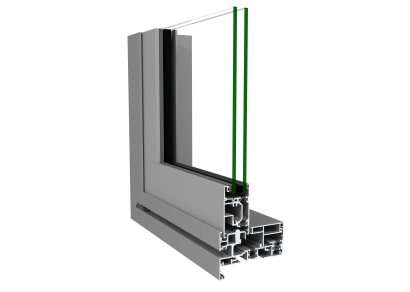
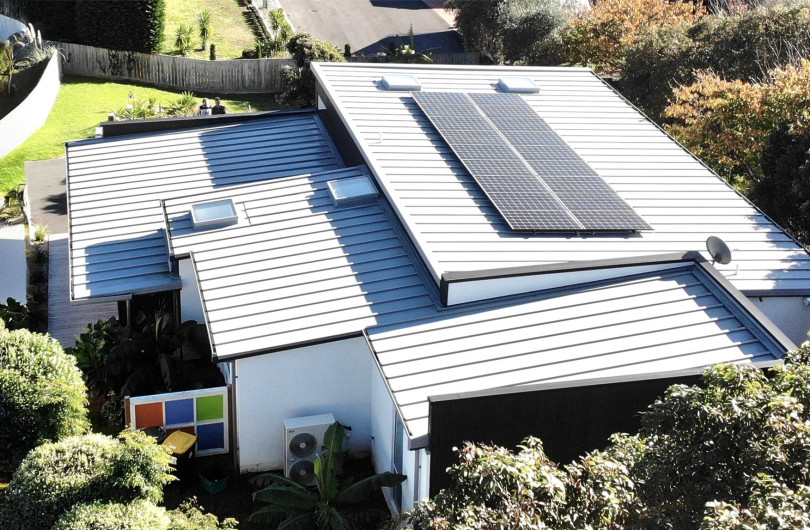
 New Products
New Products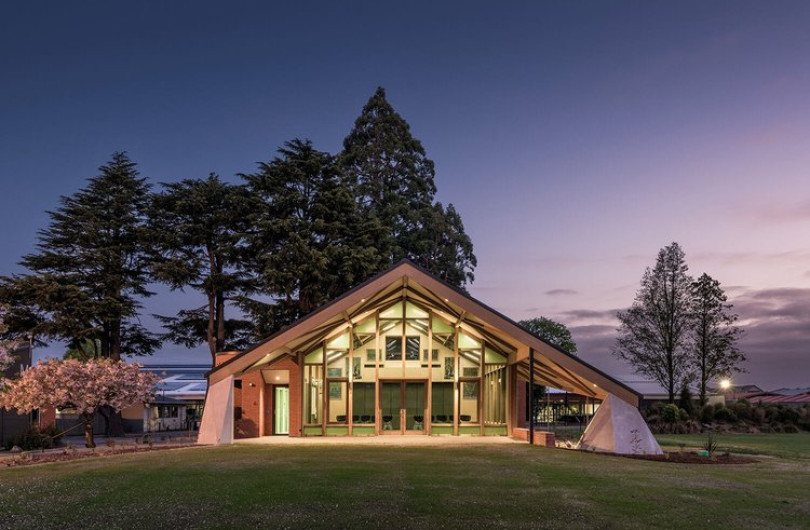




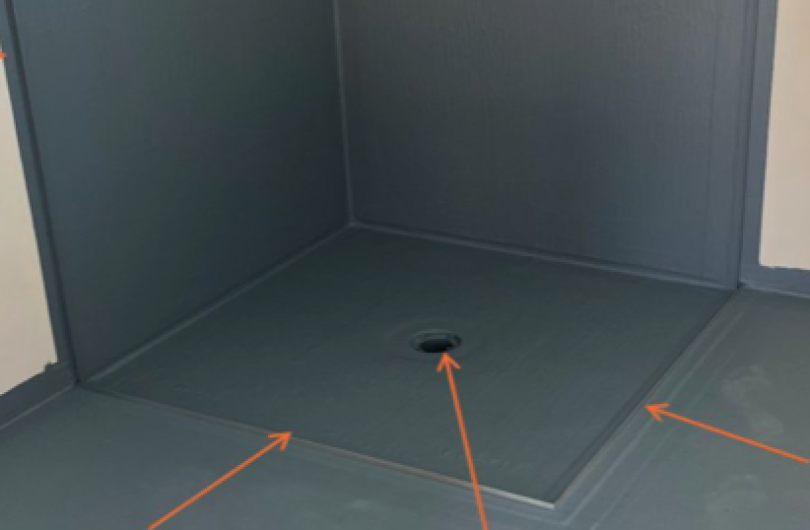




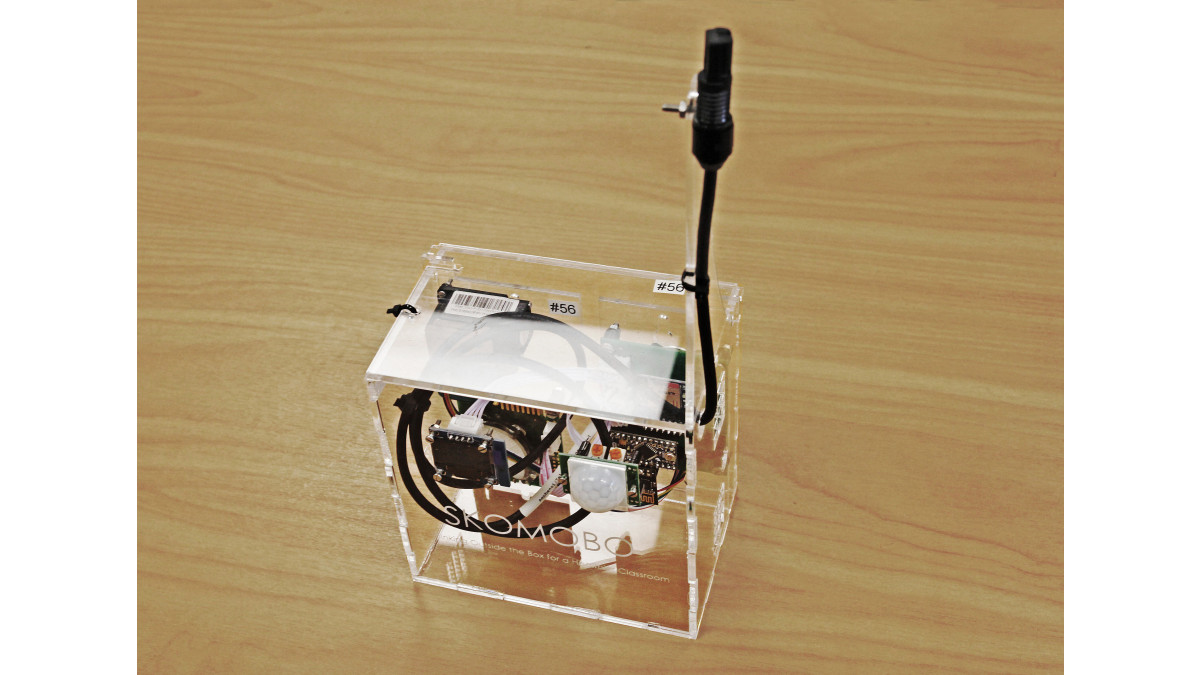
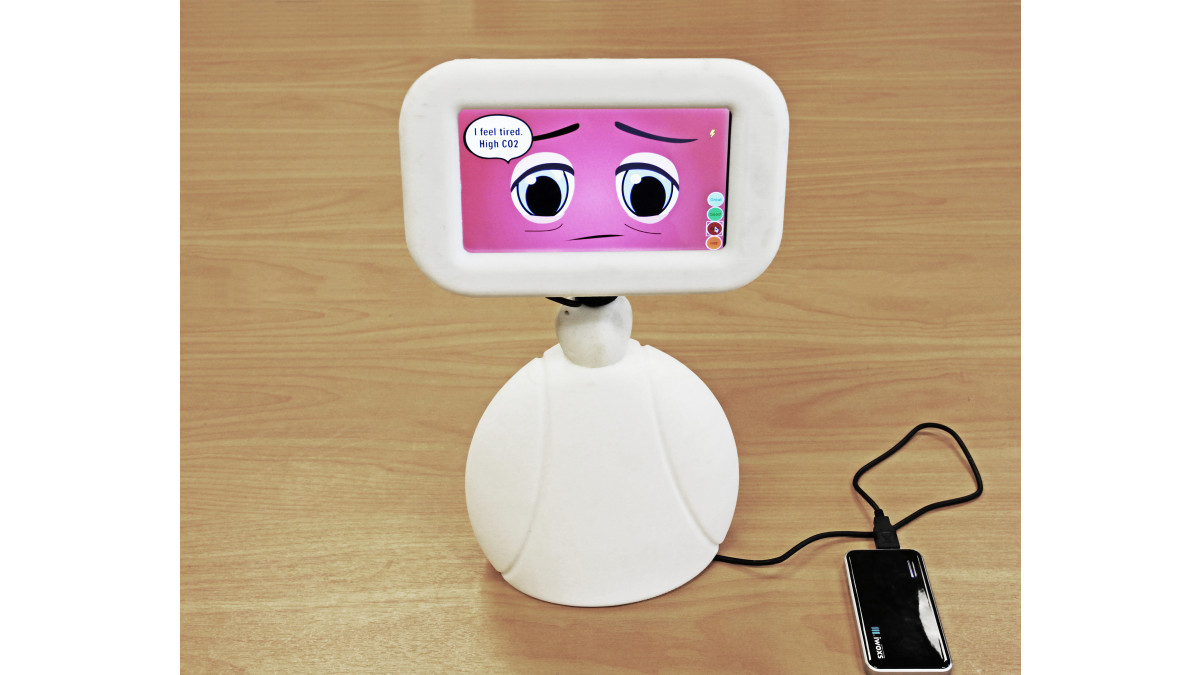





 Popular Products from ALTHERM Window Systems
Popular Products from ALTHERM Window Systems


 Most Popular
Most Popular


 Popular Blog Posts
Popular Blog Posts
